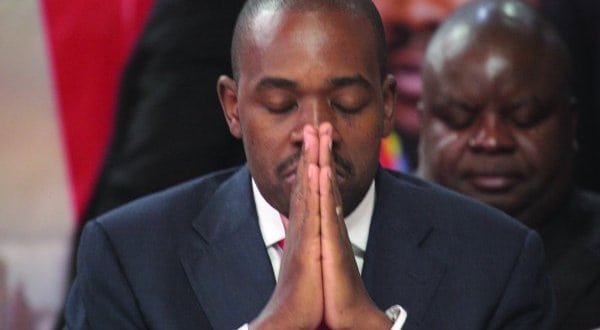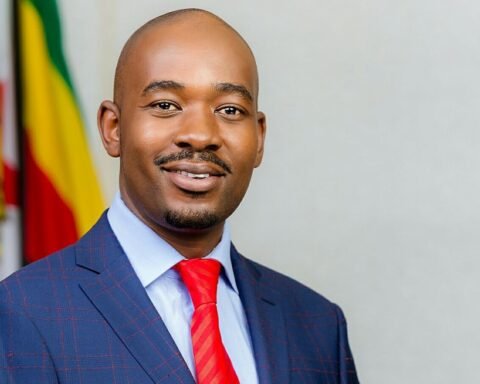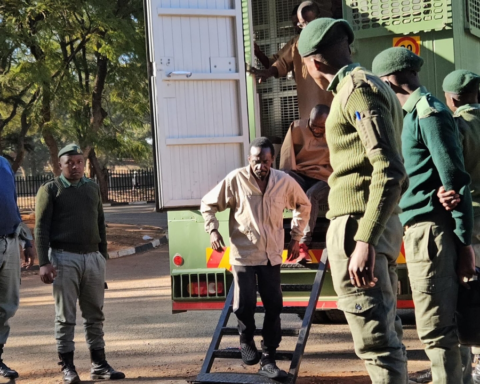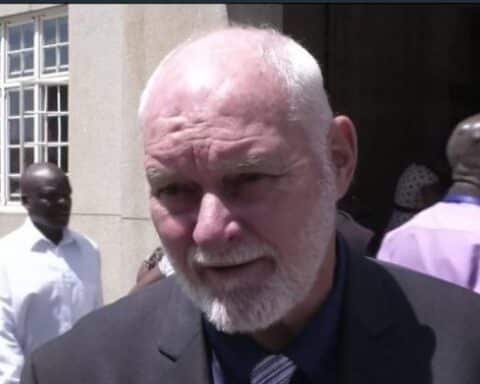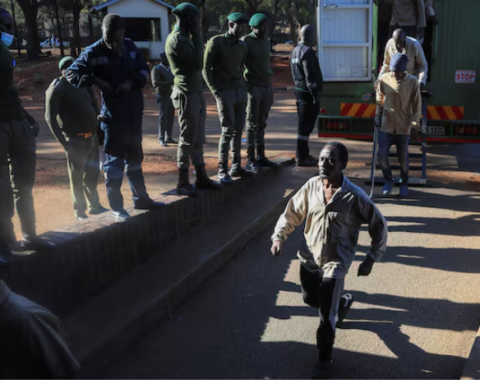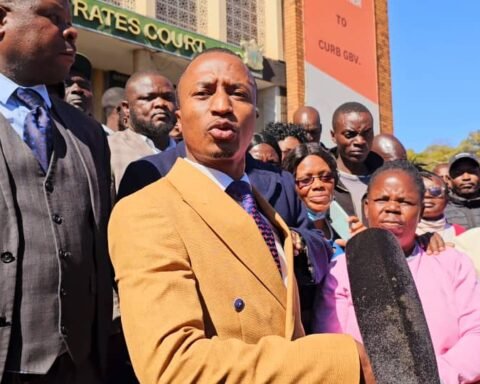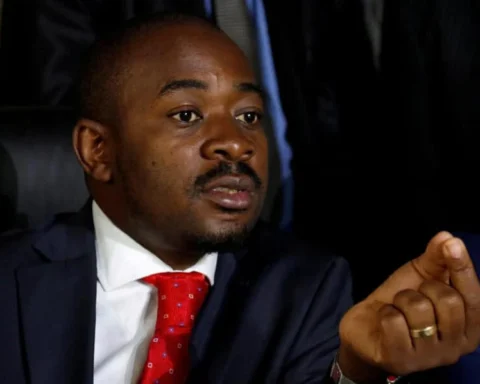Opposition politician Nelson Chamisa has recently broken his silence, revealing his grassroots campaign in villages to shape his next political move, emphasizing his independence from any specific political party.
Chamisa resigned as leader of the opposition Citizens Coalition for Change (CCC) in January, attributing his decision to infiltration by Zanu PF. This followed the controversial actions of Sengezo Tshabangu, the self-proclaimed secretary-general of the party, who sought to recall numerous party legislators and councillors. Despite his departure from CCC, factions within the opposition continue to align themselves with Chamisa, with Welshman Ncube’s faction incorporating his image into the party logo.
Chamisa’s close allies, led by former legislators Amos Chibaya and Gift Siziba, have been actively mobilizing support for Chamisa through the Blue Movement campaign across the country.
However, in an exclusive interview with NewsDay, Chamisa clarified that his focus is not on creating another political party but on forming a new government. He stated, “I have been meeting people in villages, community leaders, opinion leaders, and traditional leaders. Zimbabwe needs a new government, not just a new movement. People have hope of change everywhere I go, and I will not disappoint them.”
Chamisa, a former Cabinet minister, is also engaging in diplomatic efforts to garner regional and international support for resolving Zimbabwe’s political crisis. He refused to accept the election results that declared President Emerson Mnangagwa the winner on August 23 and 24. After resigning from CCC, Chamisa met with diplomatic representatives, including the Canadian Ambassador to Zimbabwe Adler Aristilde and the British Ambassador to Zimbabwe Pete Vowles, discussing various political issues.
“I am leaving no stone unturned to make sure that the will of the people prevails,” Chamisa affirmed. He emphasized ongoing consultations with citizens and opinion leaders, pledging to announce the next steps soon. Chamisa stressed the importance of engaging various stakeholders, both locally and internationally, including labor, the church, students, women’s groups, farmers’ groups, and traditional leaders.
Regarding Zimbabwe’s political situation, Chamisa maintained that Sadc (Southern African Development Community) was still addressing the unresolved national question of leadership. He insisted on a thorough examination and qualification process, highlighting Sadc’s verdict that the Zimbabwe election did not meet the credibility test. According to Chamisa, “No discredited process can produce a credible outcome.”

